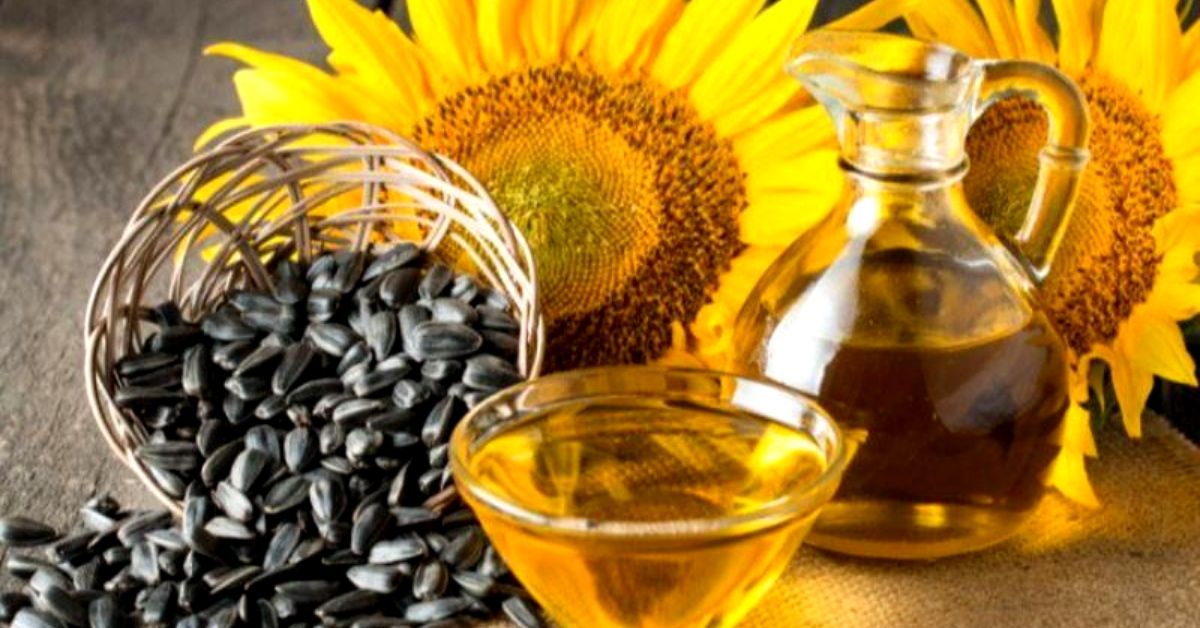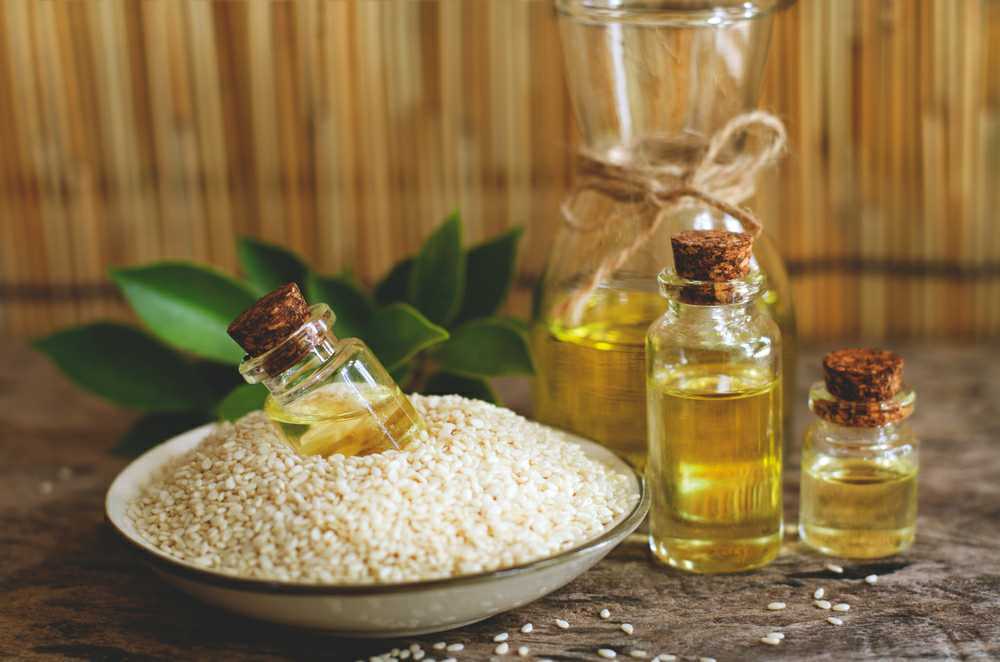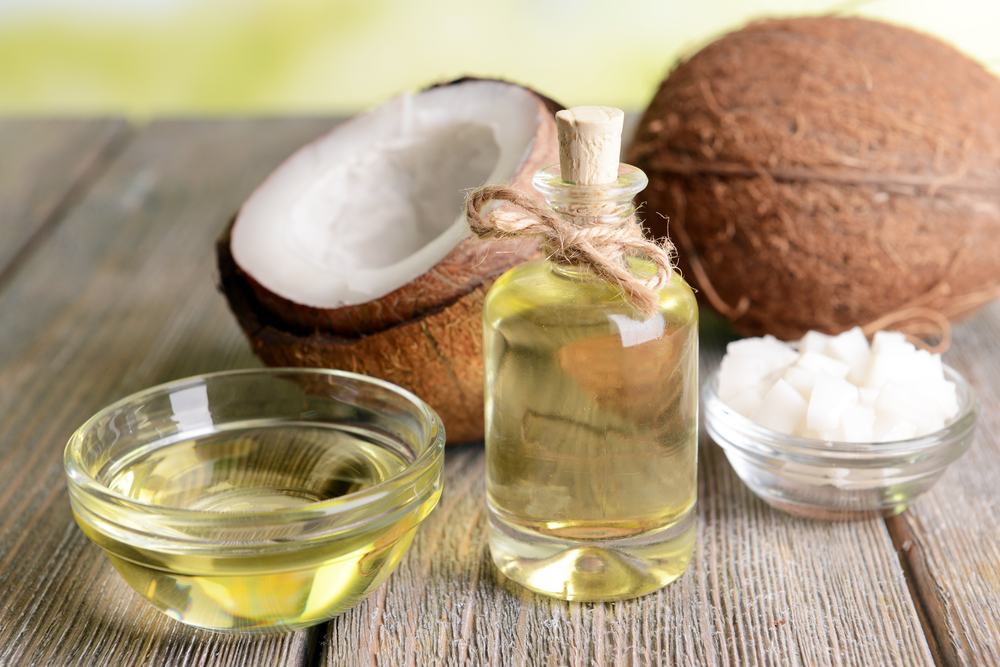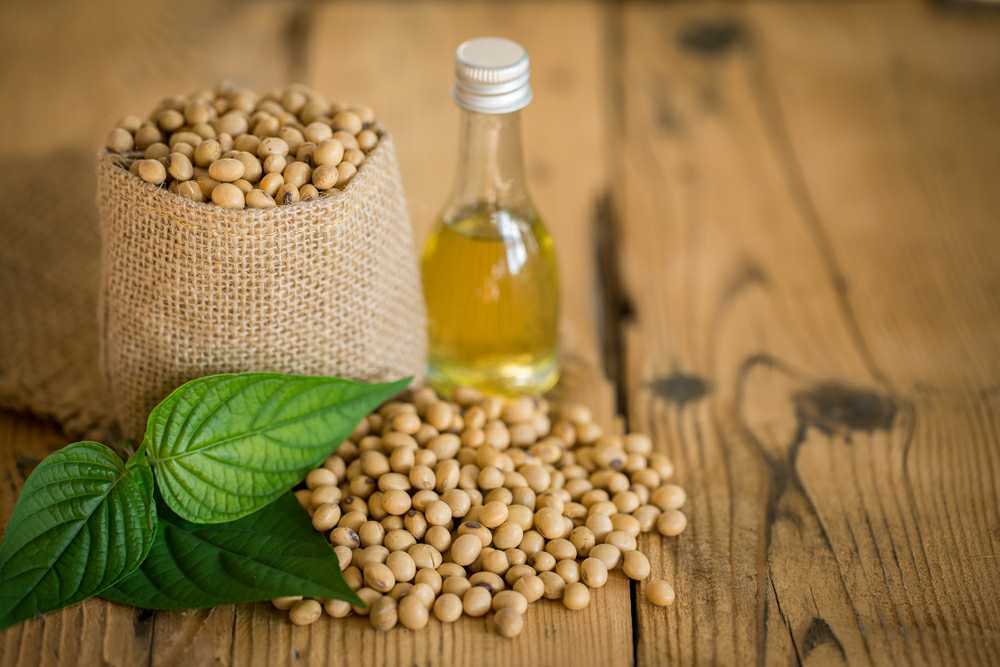Sunflower, Mustard, or Olive? Which Is the Best Cooking Oil for Your Family
Did you know mustard oil has a ratio of 1.2 for omega fatty acids, which is the closest any oil comes to the ratio (1.25) recommended by WHO? #EatHealthy

With The Positive Collective, The Better India’s COVID-19 coverage is available to regional language publications for free. Write to [email protected] for more details.
Oil, or fat, isn’t just an essential nutrient for your body; it’s also a key to healthy cooking. It helps cook foods quickly and evenly, and also makes food flavourful.
In India, we use oils to temper spices, add to salads, and even atta, to make it smoother. While excessive use of cooking oil can be quite unhealthy, choosing the right one for various dishes can boost your health.
Today, we are spoilt for choice when it comes to cooking oil: mustard, sunflower, olive oil, sesame, soybean, coconut oil—there’s a wide range to choose from. But what kind of oil is right for your diet? Here’s an easy guide to check.
-
Mustard Oil

A commonly used vegetable oil in Indian households, mustard oil, is relatively inexpensive and loaded with monounsaturated fatty acids (MUFA), a form of polyunsaturated fatty acids. Our body requires oil in three parts, polyunsaturated fatty acids and one part saturated fatty acids. Mustard oil provides adequate quantities of the former.
A weakened immunity system, along with nerve and muscle damage, loss of body movement control and vision problems, are symptoms of Vitamin E deficiency. And mustard oil is rich in this vitamin. It is also known to promote hair growth, blood circulation and lower the bad cholesterol levels in the body.
However, this vegetable oil also contains very high levels of Erucic acid (42-47 per cent) which is a monounsaturated Omega-9 fatty acid. High levels of this acid are linked to the formation of fatty deposits in the heart muscles of animals. Moreover, overuse of mustard oil may also lead to dropsy, an extreme condition of oedema where soft tissues swell up due to the accumulation of excess water.
-
Sunflower oil

Another favourite in Indian kitchens, sunflower oil contains high traces of monounsaturated fats, which are good for the heart. The MUFA contents make this oil easy and light to digest.
It is also rich in Vitamin E and Vitamin A that act as antioxidants and regenerate damaged skin cells. Sunflower oil also contains vitamins B3, B5 and B6 that boost the health of the nervous system.
However, if you are watching your calorie intake, sunflower oil is not your best bet—100 grams of this oil contains over 800 calories. It also has a very low smoke point meaning it deteriorates quickly at high temperatures, which may add certain harmful compounds to your meals.
-
Olive oil

A favourite of salad fanatics (like me), olive oil is a tasty, healthy choice when it comes to low or no-cooking recipes. This vegetable oil is known to lower the risk of stroke and cardiovascular diseases like high blood pressure and high cholesterol.
Olive oil is rich in Omega-9 (oleic) acid, which is responsible for unclogging arteries and increasing good cholesterol in your body. If you opt for appropriate quantities of extra virgin olive oil, it can also help you reduce the risk of type-2 diabetes! It also contains Vitamin K—a nutrient that regulates blood calcium levels improves bone metabolism and reduces blood clotting.
But this rich vegetable oil also has another side. It contains a high quantity of monounsaturated fat which means overindulgence can lead to obesity and atherosclerosis. It hydro generates (unsaturated fats turn into solid fats) at high temperatures and pressure. Which means olive oil is best consumed with very less or no cooking. Besides, it can increase insulin resistance and lower sugar levels below adequate quantities.
-
Sesame cooking oil

This traditional oil has such incredible health benefits that its popularity is not surprising at all. From antioxidants to vitamins and unsaturated fats, sesame oil has it all! Please don’t go by the look of the seed size for this oil packs a punch when it comes to health benefits.
Sesame oil is known to lower blood pressure and decrease lipid peroxidation (which leads to cell damage). It contains Vitamin E- an antioxidant that also has anti-ageing properties, immunity boosters and that supports eye health.
One major side effect of this oil, however, is that it can be an allergen. So if you are allergic to it, you may experience vomiting, coughing, nausea or an itchy mouth. It can also lead to an increase in body weight, diarrhoea or hair loss.
-
Coconut cooking oil

The star of South Indian cuisine, coconut oil is versatile, low cost and superbly healthy. It had recently come into global limelight when Harvard professor Karin Michels called it “pure poison,” but ask our grandparents and the generations before theirs and they’ll tell you by experience that coconut oil is a magic potion in disguise.
Coconut oil is a fantastic remedy to lower blood sugar and the risk of diabetes. It contains medium-chain fatty acids (MCFA) that can fight Alzheimer’s disease. This also boosts the health of your liver. Coconut oil increases High-Density Lipoprotein (HDL) levels, thus lowering the risk of heart diseases. It can turn bad cholesterol into good cholesterol! Coconut oil also catalyses digestion and keeps your digestive system healthy.
On the flip side, too much usage of coconut oil or going for a commercial quality instead of virgin oil can have adverse effects too. For instance, the saturated fat content can increase the levels of Low-Density Lipoprotein (LDL) and consequently, total cholesterol levels. Some people also experience diarrhoea and liver problems if coconut oil doesn’t suit their system.
-
Soybean oil

One of the crucial benefits of soybean oil is its high smoke point (about 230°C). Which means it does not deteriorate even in high temperatures or pressure. It also contains Omega-3 fatty acids— a sustainable and healthier source of heart-healthy fat than fish.
The polyunsaturated fats in this vegetable oil can also reduce LDL levels, lowering the risk of heart diseases. Moreover, its Vitamin K contents keep your bones healthy and strong.
However, the polyunsaturated fats in soybean oil also contain linoleic acid—an easily oxidised, pro-inflammatory fat. Overindulgence can lead to diabetes, immune toxicity or liver or heart diseases. It’s best to keep your consumption of soybean oil in check. Use it for cooking meals but do so in limited quantities.
(Edited by Gayatri Mishra)
Like this story? Or have something to share? Write to us: [email protected], or connect with us on Facebook and Twitter.
If you found our stories insightful, informative, or even just enjoyable, we invite you to consider making a voluntary payment to support the work we do at The Better India. Your contribution helps us continue producing quality content that educates, inspires, and drives positive change.
Choose one of the payment options below for your contribution-
By paying for the stories you value, you directly contribute to sustaining our efforts focused on making a difference in the world. Together, let's ensure that impactful stories continue to be told and shared, enriching lives and communities alike.
Thank you for your support. Here are some frequently asked questions you might find helpful to know why you are contributing?


This story made me
-
97
-
121
-
89
-
167














